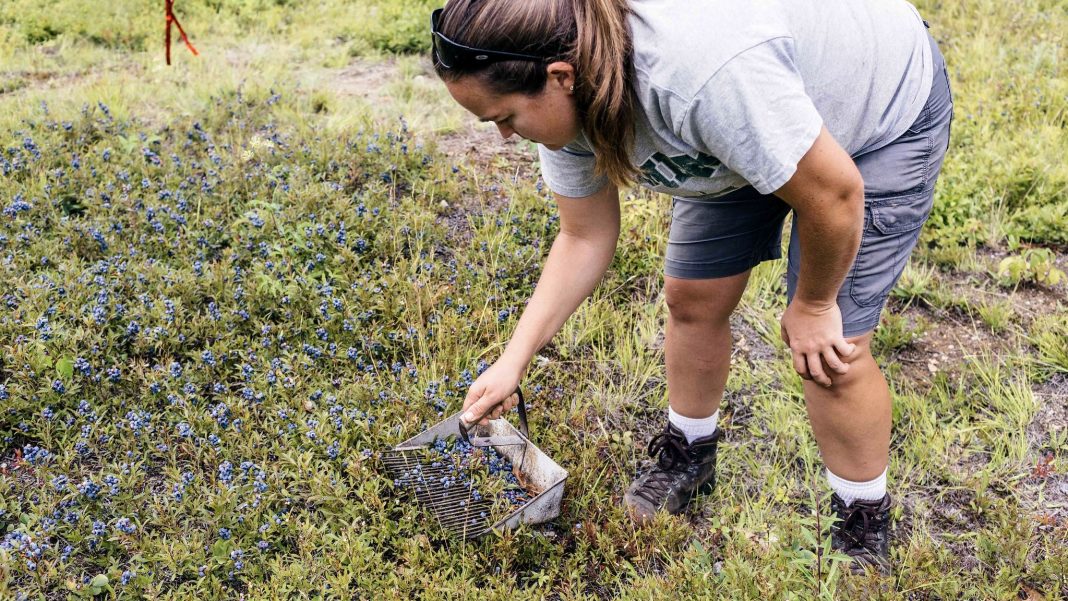For thousands of years, wild blueberries have grown in Nova Scotia. Today, farmers manage many of these naturally occurring fields and harvest the fruit.
But as the climate changes, the region’s wild blueberry industry faces a range of problems.
David Percival of Dalhousie University says blueberry fields usually bloom during a few weeks in spring. But this year, warmer temperatures caused many fields to bloom all at once.
So pollinators like bees did not have much time to visit and fertilize all the flowers – a necessary step to produce berries.
Percival: “Because the bloom was so compressed in a short period of time, we just couldn’t get the number of visits and the adequate movement of pollen to give us a good crop.”
Percival says as the climate warms, growers are also struggling to control more weeds in their fields.
So he’s working to help them adapt – for example, by conducting drone surveys that show which areas of a field should be targeted for weed control.
He says he’s motivated by the long history of some of these wild blueberry fields.
Percival: “You almost feel as though there’s this inherent responsibility, you know, to keep the plant healthy, keep it sustainable, and really pass it along to the next generation.”
Reporting credit: Ethan Freedman / ChavoBart Digital Media
We help millions of people understand climate change and what to do about it. Help us reach even more people like you.


